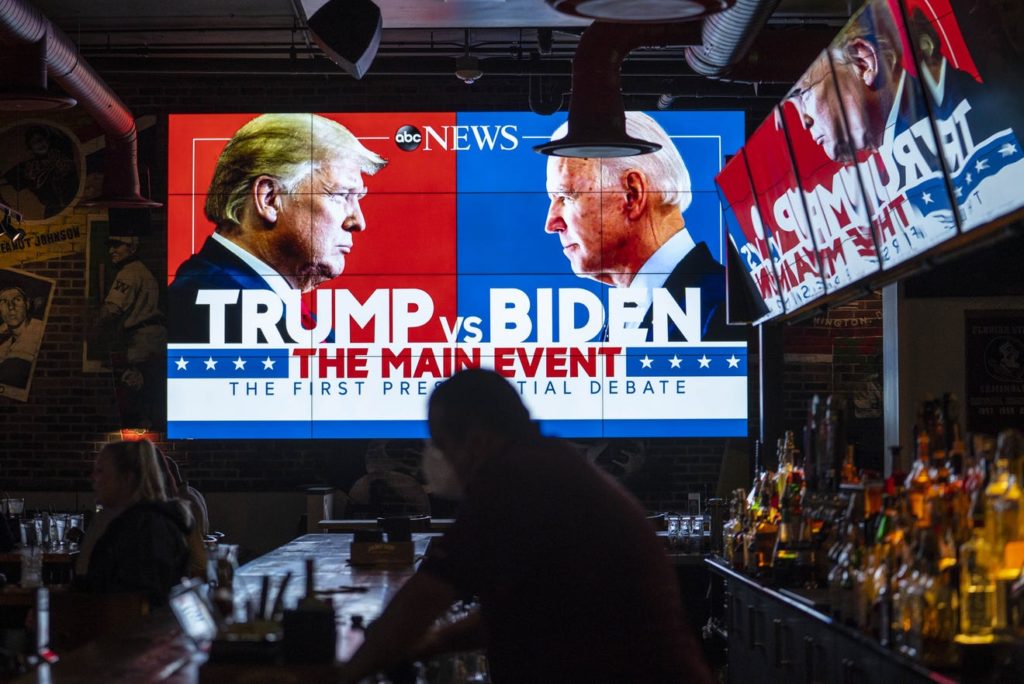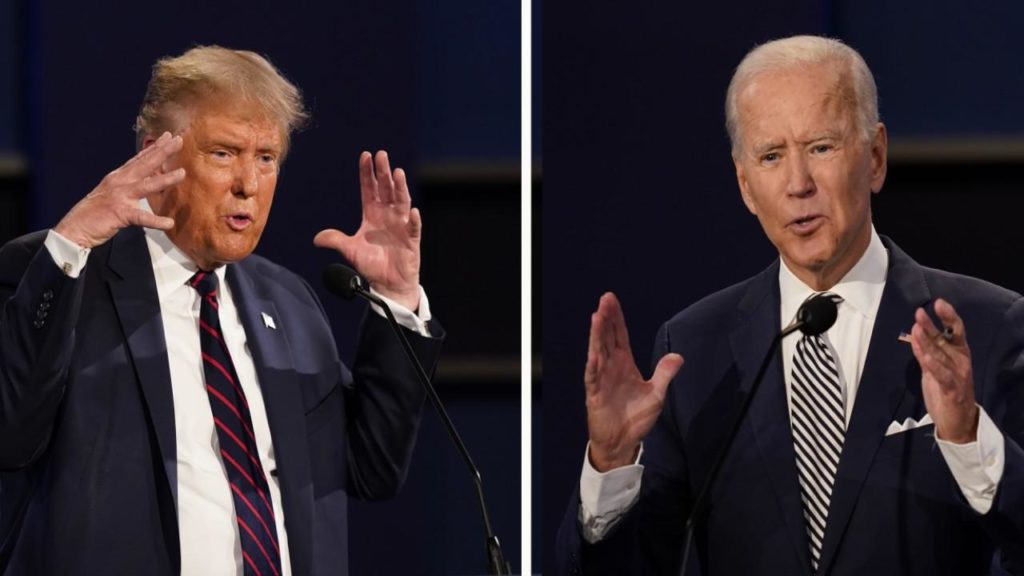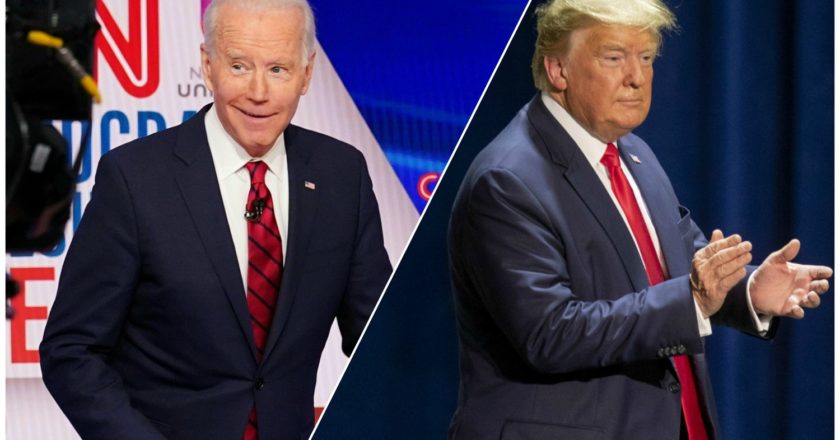In modern American society, nationally televised presidential debates have become events of great importance. After political parties nominate their candidate, the presidential debates take place late in the election cycle, normally during the months of September and October. The debates consist of a moderator and the two potential candidates, who stand before an audience of American citizens. The moderator poses a series of questions to the candidates, whose responses are evenly timed to keep the conversation organized. While the debates generate tension in social discourse, their ultimate goal is to help persuade potential voters to decide which candidate is the better fit for president. Moreover, the presidential debates are a way for the candidates to directly express their political views and proposed policies.

Although the presidential debates strive to promote civil discourse, recent events demonstrate otherwise. The presidential debates have never been less civil than they are today, to say the least. For instance, in the most recent debate, the personal nature of the conversation regarding Hunter Biden’s foreign business deals and drug use was completely irrelevant to the campaigns of both President Trump and Joe Biden. President Trump also mocked Biden simply because he chose to regularly wear a mask in public. While the VP debate between Harris and Vice President Pence was far more civil, many interruptions still took place.
Debates become convoluted when both sides no longer discuss their political views, but rather, slander the other candidate with unrelated information. This dynamic diminishes the effectiveness of the debates in persuading voters of either side. Due to the rapid dissemination of information from media sources, voter knowledge has increased in recent years. Thus, many voters have already made up their minds about who they will vote for, and with the counterproductivity of the debates, their stances do not undergo much change. Furthermore, the discordance of the debates may even discourage voters from voting for either candidate; this can be displayed through the fact that only about 56% of eligible voters voted in 2016. In all, the recent debates demonstrate how the effectiveness of presidential debates as a whole seems to be on a decline.

Although presidential debates are seen as a centerpoint of the American democracy, recent events reveal the instability of American politics; if our leaders themselves cannot debate and discuss in a civil manner, how can we progress as a united nation? There has been a lot of talk about how we can maintain this piece of our democracy, and how to utilize debates to increase voter turnout. First and foremost, modifications in the moderation need to be put in effect; a more neutral moderator would make a huge difference in the effectiveness of the debate. When it is apparent that the moderator is partial to one side, tensions rise quickly, resulting in a battle that steers conversation away from the candidate’s campaigns. The Commission on Presidential Debates has made it clear that after the first presidential debate of 2020, the debate format needs to be altered to enforce a more orderly conversation. We will have to wait until the next debate for more information about these structural changes.
In the end, the debates have made it clear that our country is suffering extreme polarization. To help overcome this divide, presidential candidates must accept that disagreement is an inevitable and natural process in politics, but it must be done civilly to fulfill the primary purpose of debate— to inform American voters.
Works Cited:
https://en.wikipedia.org/wiki/United_States_presidential_debates

